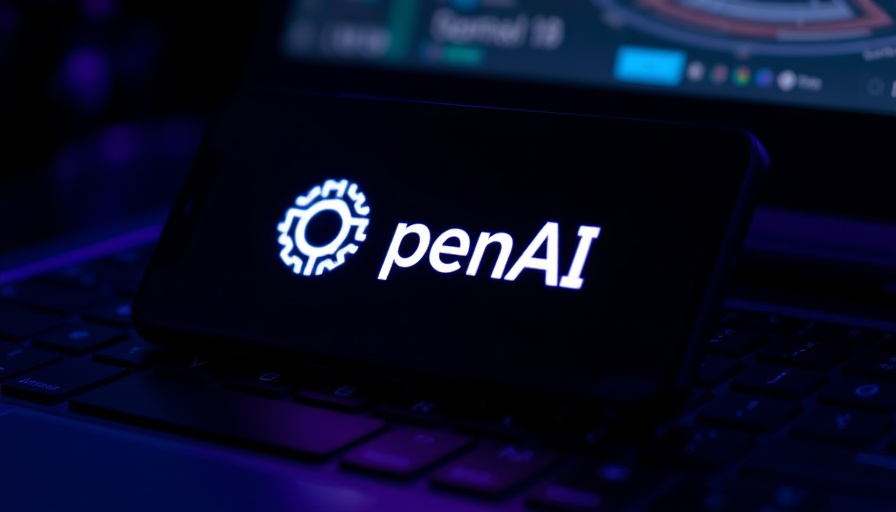
AI Hallucinations: A Growing Concern in Technology
Artificial intelligence technology has advanced dramatically in recent years, but with such progress comes a host of ethical dilemmas and operational challenges. The recent case of ChatGPT, which accused an innocent Norwegian man of murder, illustrates the potential dangers of AI hallucinations—situations where AI generates false information as if it were fact. As consumers and tech developers alike grapple with these implications, the boundaries of accountability and accuracy in AI-generated content are under intense scrutiny.
The GDPR Dilemma: Accuracy in Data
The General Data Protection Regulation (GDPR) provides strict guidelines on data accuracy, a critical element of responsible technology use. Noyb, the Austrian advocacy group that filed a complaint against OpenAI, emphasizes that AI should adhere to these principles. As outlined by their data protection lawyer, Joakim Söderberg, "Personal data has to be accurate. And if it's not, users have the right to have it changed to reflect the truth". The intertwining of AI technology and regulatory frameworks poses complex questions about truthfulness, user rights, and corporate responsibility.
Real Consequences of Misinformation
Misinformation is not merely a digital headache; it can have real-world repercussions. The wrongful labeling of individuals, such as the Norwegian man in question, can lead to significant distress and long-lasting damage to personal reputations. As instances of ChatGPT misidentifying people as criminals accumulate—including past accusations of fraud and abuse—the urgent need for more reliable AI responses becomes profoundly clear. The culprits aren't the individuals but rather the AI models that must be improved to avoid future errors and harm.
OpenAI’s Response: Action or Inaction?
OpenAI has faced scrutiny not only due to its AI's errors but also for how it handles user requests regarding false information. The acknowledgment that it "can make mistakes" feels like a disclaimer rather than an assurance of quality and compliance with user rights. Many wonder: could OpenAI adopt a more proactive approach to rectify inaccuracies? This situation forces a difficult but necessary dialogue on the responsibility of tech companies alienating those who are adversely affected by their systems. Fostering a culture of accountability in AI will not only improve user trust but also prevent serious personal consequences.
The Future of AI: Learning from Mistakes
As artificial intelligence continues to evolve, it will be essential for developers, policymakers, and society at large to find ways to ensure accuracy and mitigate risks associated with misinformation. The question remains: how can we instill a sense of accountability that reflects a shared commitment between technologists and users? Striking a balance between innovation and ethical integrity will be vital in shaping the AI landscape. Stakeholders must collaborate to create frameworks that inform responsible use and provide avenues for redress.
While the case of ChatGPT and its missteps serves as a cautionary tale, it also presents an opportunity for growth. As technology continues to transform our lives, understanding the significant implications of AI applications like ChatGPT will only become more essential. The world will watch how OpenAI and others choose to navigate this rocky terrain, but the ultimate goal should always be toward constructive enhancement rather than harm.
As we collectively move into the future, let’s advocate for technological innovations that prioritize user safety, accuracy, and diverse perspectives in AI responses.
 Add Row
Add Row  Add
Add 




 Add Row
Add Row  Add
Add 

Write A Comment